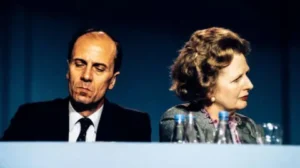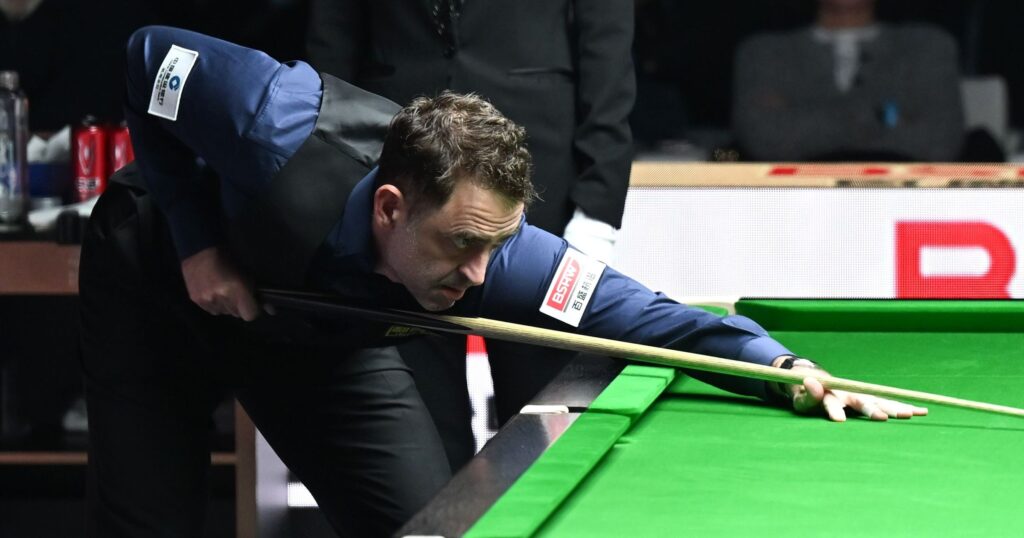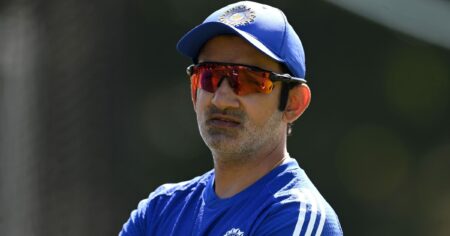Ronnie O’Sullivan, a name synonymous with excellence in the world of snooker, recently reflected on his remarkable journey during the 2013 World Snooker Championship. Notably, this triumph came after an extended hiatus from competitive play that lasted an entire year, a decision O’Sullivan made following his victory over Ali Carter in the finals of the previous year’s championship in 2012. His break from the sport certainly raised some eyebrows, as it was an unprecedented move for a player of his caliber, yet it ultimately laid the groundwork for one of the most remarkable performances in his storied career.
Following his win in 2012, O’Sullivan chose to step away from the limelight, missing nearly the entire snooker season. This hiatus was not just a break from competition; it was a deliberate choice to take time for personal reflection and rejuvenation outside of the demanding world of professional snooker. However, as the 2013 World Championship approached at the iconic Crucible Theatre in Sheffield, one of the most prestigious venues in the sport, O’Sullivan made the decision to return and defend his title. The Crucible, already a storied battleground for snooker luminaries, became the stage for O’Sullivan’s unprecedented comeback.
As a seasoned player, O’Sullivan was understandably apprehensive about his lack of match practice. He candidly admitted to feeling rusty when he faced Marcus Campbell in his opening match. The initial anxiety regarding his performance, however, quickly dissipated as he refocused and got back into the rhythm of competition. What followed was a series of commanding victories that demonstrated his elite skills and unmatched talent. In the subsequent rounds, he decisively defeated Ali Carter, again, in the second round with a score of 13-8, swatted Stuart Bingham aside with a resounding 13-4 in the quarter-finals, and overcame Judd Trump with a score of 17-11 in the semi-finals as he steadily gained momentum.
The final match pitted him against Barry Hawkins, yet another formidable opponent who stood between O’Sullivan and his quest for the title. In a testament to his supreme skill, O’Sullivan emerged victorious, winning the match 18-12 and scoring an astonishing six centuries during the final. This performance not only reaffirmed his status as one of the best players in the game but also illustrated O’Sullivan’s capacity to produce extraordinary snooker under pressure.
In a subsequent interview with TNT Sports’ Ally McCoist, O’Sullivan reflected on this remarkable journey from inactivity to triumph. He shared, “All I remember was I hadn’t played any matches, so I was very rusty. But when I picked my cue up, I had about eight weeks to practice, prepare, and get ready for the World Championship.” O’Sullivan went on to recount how he initially felt unsure about his performance. However, with each round, his confidence grew, saying, “I was winning matches quite comfortably, but I thought I was not on it. Then I got to the semi-finals and then I felt like the game felt a bit sharp.”
The climactic moment arrived when he made it to the final. Reflecting on that period, he enthusiastically shared, “I was like, ‘Wow’. I was hitting it good.” His final performance, marked by incredible scoring and sustained skill, belied any concern about his earlier readings on form. With an estimated potential to have achieved ten or eleven centuries that day, he praised his own scoring abilities, proving, yet again, his monumental stature in the realm of snooker.
For fans eager to witness the genius of Ronnie O’Sullivan and the thrill of top-tier snooker, channels like TNT Sports and streaming services like discovery+ provide an opportunity to watch the World Championship live, enabling everyone to appreciate the intensity and skill inherent in this celebrated sport. Fast-forward from 2013, it remains clear that O’Sullivan’s legacy continues to inspire new generations of snooker enthusiasts around the globe.











